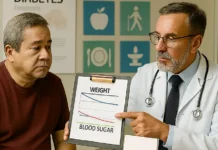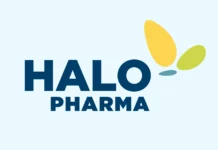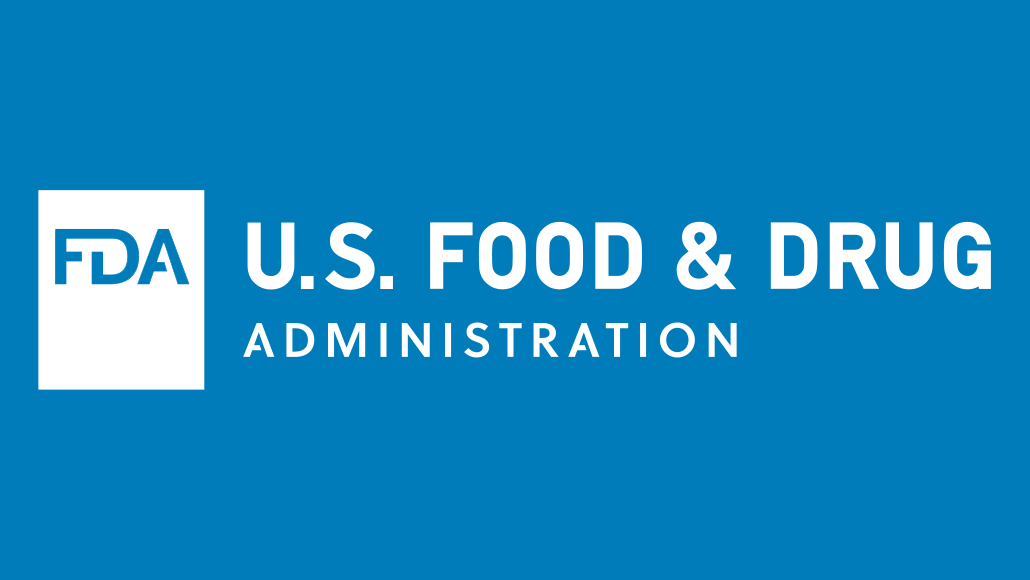The FDA has gone on to propose certain new policies in order to accelerate biosimilar drug development and at the same time also lower the cost pertaining to biosimilar agents when it comes to cancer as well as any other serious illnesses.
These policies go on to include major updates so as to simplify the biosimilarity studies and at the same time decrease the not-so-needed clinical testing and a separate initiative to go ahead and make it easier for the biosimilars to get developed as interchangeable along with brand-name biologics, said the agency in one of the recent press releases from its end.
How is the FDA Planning to Streamline the Biosimilar Drug Approval Procedure?
One of the draft guidance that has been issued by the FDA in October 2025 for comment purposes only offers updated recommendations for the industry on evaluating the need regarding comparative efficacy studies – CESs when it comes to biosimilar agents.
As per the guidance document, generally, if the comparative analytical evaluation goes on to support a demonstration that the proposed biosimilar is indeed highly similar to the reference product, an aptly designed human pharmacokinetic similarity study as well as an evaluation of immunogenicity may well be sufficient so as to assess if there are clinically meaningful differences between the proposed biosimilar and the reference product.
In such scenarios, the agency goes on to recommend that the sponsors consider a much more streamlined approach in which a CES may not be required in order to support a demonstration of biosimilarity.
For what reason is the FDA proposing such changes?
In a press release, according to Marty Makary, MD, the FDA Commissioner, biosimilars are often much more affordable to patients and also have the promise to prominently lower the healthcare costs in America. Through turning the biosimilar development process seamless and enabling the advance interchangeability, one can indeed attain quite a phenomenal cost reduction when it comes to advanced treatments for cancer, rare disorders as well as autoimmune diseases, which, by the way, are affecting millions of Americans.
It is well to be noted that the Congress went ahead and established the approval pathway when it comes to biosimilars in 2010 via the Biologics Price Competition and Innovation Act.
Since then, the FDA has gone ahead and given approval to 76 biosimilars, which offer Americans some more treatment options pertaining to conditions like cancer, diabetes, Crohn’s disease, and rheumatoid arthritis, as well as osteoporosis; however, this corresponds to quite a small fraction of biologics that are approved, said the agency.
Apparently, biosimilars go on to make up only 5% of the overall prescriptions in the United States; however, they accounted for 51% of the overall drug spending in 2024. Moreover, their market share still remains below 20%, and just around 10% of the brand-name biologic drugs that will lose the patent protection in the coming decade presently have a biosimilar in the process.
In contrast, over 30,000 generic drugs for nonbiologics have been approved, which goes beyond the number of brand drugs that have been approved.
Are these changes going to benefit the patients?
The FDA goes on to contend that the proposed changes are indeed going to lower the costs for both industry sponsors as well as patients and that making it simpler to make use of biosimilars as well as their reference products interchangeably is going to help patients and pharmacists more often than not choose lower-cost alternatives.
The recent analysis went on to show that the entry of biosimilars to the market does lead to certain modest price reductions; however, the savings still remained less as compared to those attained by small-molecule genetics.
Apparently, the investigators happened to have a look at how the prices pertaining to seven brand-name biologic agents reimbursed as per Medicare Part B got affected due to the entry of biosimilar agents to the market and went on to find overall price reductions of 7.4% in 1 year, 31.7% in 3 years, and 43.1% in 5 years. But the effects widely varied across the agents.
Aaron P. Mitchell, MD, MPH, the lead investigator along with his colleagues, went on to conclude that the findings put light on the fact of the requirement for policy reforms so as to elevate the market competition and, at the same time, promote cost reductions. In an interview, he said that the recommendations made by the FDA, with proper execution, could as well help attain this objective.
According to Mitchell, who himself is a genitourinary medical oncologist as well as a health policy researcher at the Memorial Sloan Kettering Cancer Center located in New York City, in general, biosimilars are indeed good for patients.
He added that he would want to be assured that no one is going to be taking their eye off the ball and that they are making sure to do the testing quite rigorously; however, in theory, it is a step that he is quite okay with. If studies are done well and are rigorous, and they see that biochemically the biosimilars look exactly the same, then it does make sense.
It is well to be noted that these proposed changes could as well decrease the regulatory burden, dip the upfront costs, and also accelerate the process of getting biosimilars to the market at much lower costs, added Mitchell.
There are others, however, who have gone on to express greater concerns with regard to the recent proposals by the FDA.
In response to one of the public FDA workshops, which took place on September 19, 2025, pertaining to advancing the development of interchangeable products, the Alliance for Safe Biologic Medicines – ASBM went on to submit detailed comments to the FDA expressing major concern on what the organization went on to call the “genericizing” of biosimilars.
The ASBM has gone on to state that the proposed move would indeed be scientifically inappropriate as well as potentially harmful for any patient’s confidence and has urged the FDA to go ahead and regulate in a manner that is consistent with the long-recognized scientific fact that the biosimilars aren’t generics.
Apparently, this fact has been rightfully and completely acknowledged by both the FDA as well as the European Medicines Agency – EMA and has guided the customization of a regulatory framework that indeed supports a shortened approval pathway that is consistent with science. As per ASBM, they indeed support maintaining the flexible, case-by-case interchangeable biosimilar approval framework of the FDA, which goes on to permit the use of analytical as well as clinical data that includes the likes of switching studies when apt just to ensure quite a robust physician as well as patient confidence when it comes to substitution decisions.
The organization has also gone on to argue that the comparative clinical studies must remain as the available strengthening tools that the prescriber trusts and should not be abandoned while pursuing the regulatory speed.
So, what is the path forward?
It is worth noting that the comments on the September FDA workshop closed as of October 19, 2025, and the FDA went on to report that the input received is going to inform the development pertaining to a draft strategy document, which outlines the specific actions that the FDA is going to take in order to facilitate the development pertaining to interchangeable biosimilar products and that the FDA is going to publish for public input in 12 months after the workshop.
Notably, the draft guidance that aims to accelerate biosimilar drug development went on to be officially published on November 20, 2025, and the comments are going to be accepted till January 20, 2026.




















